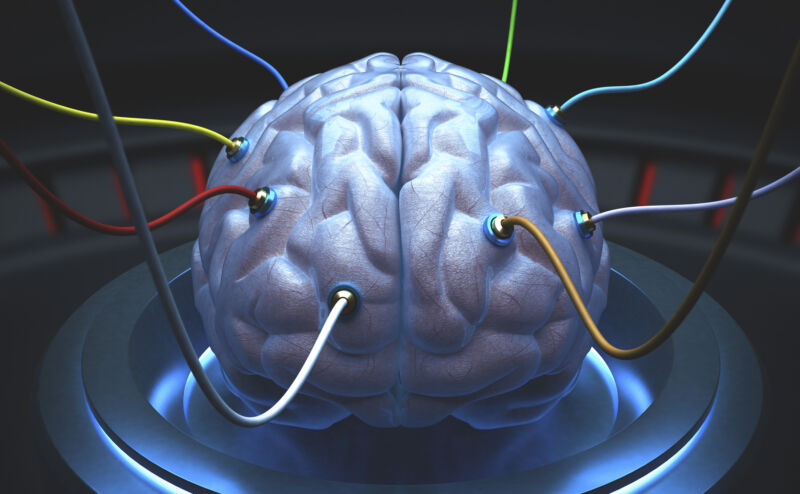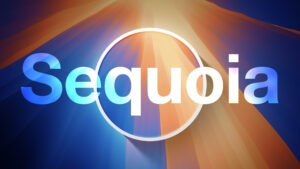Determinism vs. free will: A scientific showdown

The takeaway of Robert Sapolsky’s Determined: A Science of Life Without Free Will is basically the same as that espoused by those Snickers commercials: You’re not you when you’re hungry. Except according to Sapolsky, there is no “you”—the hunger is what dictates your behavior, along with your stress level, whether or not you were born with fetal alcohol syndrome or grew up in a culture that valorizes individual freedoms versus one that prioritizes communal responsibility or in one that believes in an omniscient, omnipotent, vengeful deity.
Hormones, neurotransmitters, and how they are affected by your current and historical circumstances—these are the only things that determine how you will act and what decisions you will make at those inflection points when you’re called upon to make impactful choices. And all of them are things you did not choose and cannot control.
Sapolsky, a neurobiologist at Stanford University, is not averse to the notion of our having free will; it’s just that he can’t find it. And he’s looked everywhere. He has studied—intensely—not only neurobiology but also endocrinology, behavioral science, philosophy, primatology, criminology, psychiatry, sociology, anthropology, evolution, and history. Not a single one of these disciplines precludes free will, but all of them together do. All there is to us is biology and the way that biology is affected by our environment. That’s it. We are not, as Yoda suggested, luminous beings; we are only crude matter.




